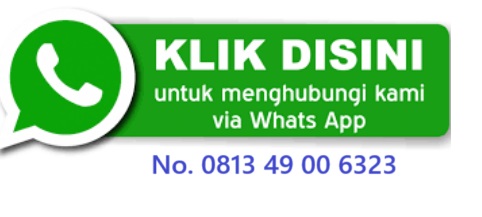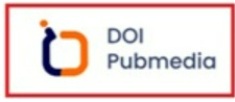Strategi Literasi Dakwah Islam di Era Post-Truth dan Dirupsi Digital
A. Literasi Digital di Era Post-Truth B. Karakter Islam di Era Post-Truth C. Strategi Literasi Dakwah di Era Post-Truth D. Dampak Nyata Era Digital terhadap Pelaku Dakwah
DOI:
https://doi.org/10.64677/ppai.v2i1.28Keywords:
Literasi Digital, Dakwah Islam, Era Post-Truth, Disrupsi Digital, Moderasi, Media Sosial, Strategi DakwahAbstract
The post-truth era and digital disruption have brought significant changes in the pattern of information dissemination, including in Islamic da'wah. This study aims to analyze the role of digital literacy in supporting da'wah strategies in the midst of the challenges of the post-truth era marked by the rise of hoaxes, information manipulation, and the dominance of emotions over facts. With a qualitative approach and descriptive-analytical methods, this study identifies the shift of religious authority from formal institutions to individuals on digital platforms as well as its impact on da'wah narratives.
The results of the study show that the low digital literacy of the community is one of the main obstacles in conveying da'wah messages effectively. On the other hand, digital media also offers a great opportunity to reach a wider audience through a contextual and appropriate approach. Preachers who are able to integrate the values of moderation, use technology strategically, and convey truth-based messages can strengthen Islamic da'wah in the midst of the dynamics of the post-truth era. Therefore, strong digital literacy, innovation in da'wah content, and a value-based approach to moderation are the keys to success in creating relevant, effective, and harmonious da'wah in the global era.
Downloads
References
Lin, T.-B., Li, J.-Y., Deng, F., & Lee, L. (2013). Understanding New Media Literacy: An Explorative Theoretical Framework. Educational Technology & Society 16 (4), 160 170.
Mudawamah, N. S. (2018). Membekali Diri untuk Menghadapi Fenomena Post Truth. Indonesian Journal of Academic Librarianship, 2(2), 21-28.
Muhajarah, K. (2022). Manifestasi Literasi di Masa Pandemi. Jakarta: CV. Anagraf Indonesia.
Muhajarah, K., & Fabriar, S. R. (2024). Tren Dakwah Nawaning di Era New Media. Jurnal SMART (Studi Masyarakat, Religi, dan Tradisi) 10 (1), 112-126.
Nasrullah, R. (2014). Teori Dan Riset Media Siber (Cyberspace). Jakarta: Prenadamedia Grup.
Risdiana, A., & Ramadhan, R. (2019). Dakwah Virtual sebagai Banalitas Keberagamaan di Era Disrupsi. Fikrah: Jurnal Ilmu Akidah dan Studi Keagamaan, 7(1), 133-154.
Thadi, R., & Mukhlizar. (2021). Literasi Dakwah Di Era Post Truth. Joiscom (Journal Of Islamic Communication) Vol.2 No.1, 31-38.
Tsaniyah, N., & Juliana, K. (2019). Literasi Digital Sebagai Upaya Menangkal Hoaks di Era Disrupsi. Al-Balagh: Jurnal Dakwah dan Komunikasi, 4(1), 121-140.
Downloads
Published
How to Cite
Issue
Section
License
Copyright (c) 2025 Fadil Nurfalah Daulay, Niki Febiati, Herlini Puspika Sari

This work is licensed under a Creative Commons Attribution-NonCommercial-ShareAlike 4.0 International License.











